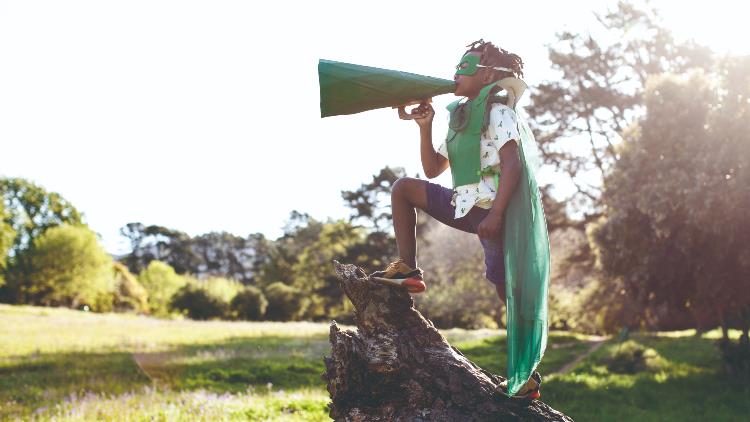Eva Garcia Valero
Communications Director at environmental solutions organisation Zero Waste Shanghai
What made you start reducing your waste at home with your kids?
I watched A Plastic Ocean with my daughter, Ambar, six years ago when she was five. As the movie finished, my daughter and I made a list of plastic things we would remove from our day-to-day life.
How do you make topics like environmental issues more digestible for your kids?
I feel that one of the best ways is to watch documentaries or films together with kids. Pick those that not only talk about a specific environmental issue, but at the same time give solutions and hope.
Also, it is important [for kids] to be in contact with nature. We were raised in the Mediterranean and beach life is really important for us, so every time we are on a beach we spend some time picking up all the plastic we find.
What are your top films or resources to help teach kids about sustainability?
National Geographic Kids has a section that explores fascinating facts about eco-friendly inventions and the importance of green living to protect our planet. Some of my favourite films and documentaries are Okja, My Octopus Teacher, David Attenborough: A Life on Our Planet, The True Cost and of course A Plastic Ocean.
Photographs: Eva Garcia Valero
What can parents do as a collective?
I encourage other parents to demand that educational institutions add sustainability into their curriculum. For example having specific school activities, lectures, workshops, community projects on environmental protection and collaborating with environmental startups.
What are your favourite eco-friendly shops and brands in Shanghai?
I recently discovered Klee Klee on Anfu Lu, a store with well-designed, sustainable clothes. The Naze Naze collection, made in collaboration with the Dulang ethnic minority in Yunnan, is an amazing project. I really recommend it for eco-fashion lovers!
Anything you want to say to all the young eco warriors out there?
I encourage them to keep speaking out, but at the same time, they should research and learn about the circular economy and how to make a real positive impact. Kids need to rethink how we create products. Young generations will be really valuable when they become part of any company. Their sustainable mindset will help companies to be bold and invest more in sustainable solutions.
Any plans this Earth Day?
Maybe it will be an excuse to travel outside Shanghai and spend the weekend close to the trees, hugging them and feeling the power of the nature.
